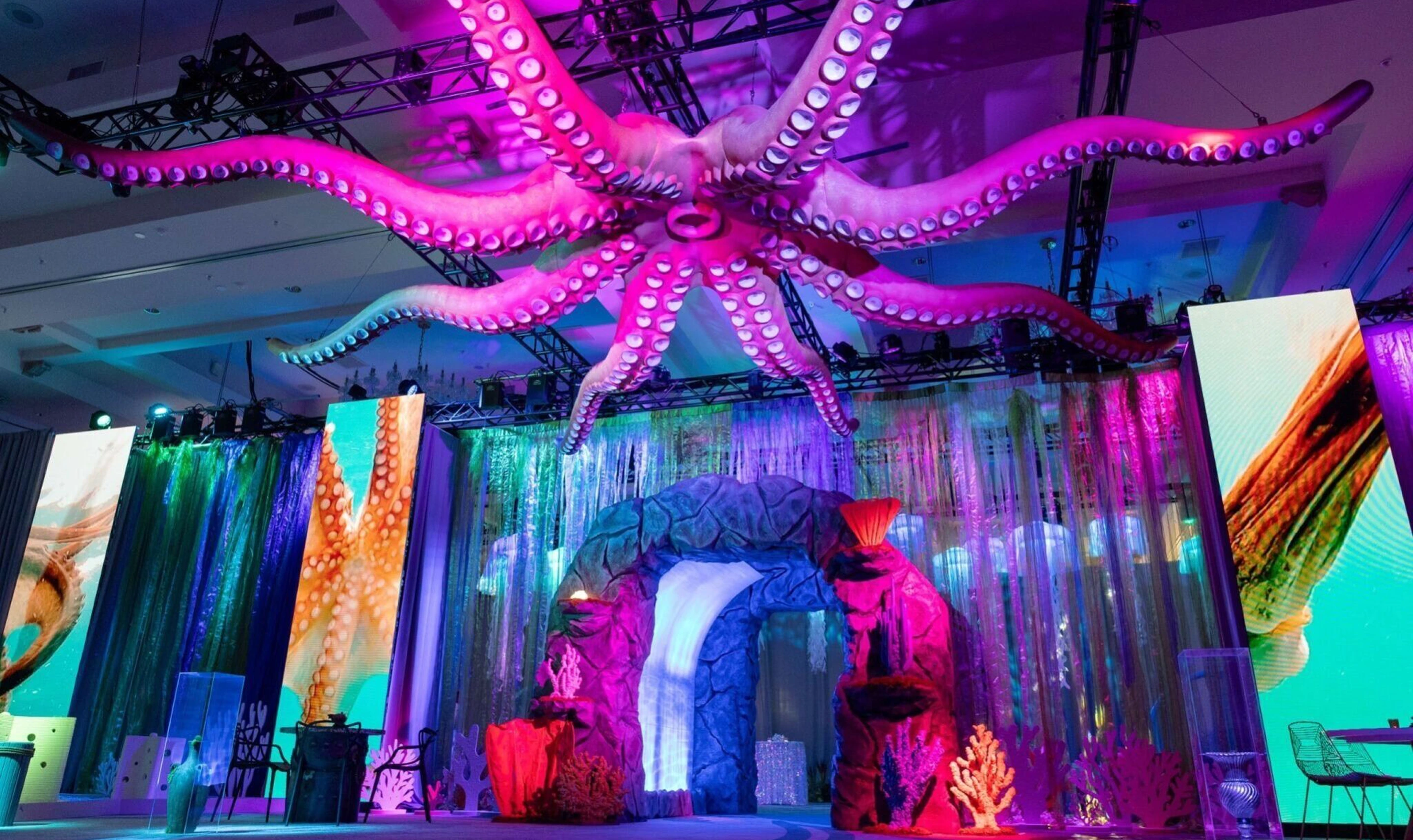
With many in-person events on hold, virtual experiences have taken center stage.
It seems incontrovertible that the future of in-person events has been altered by the COVID-19 pandemic. Virtual Events may have been an emerging trend, but today they have carved a permanent place center stage. Today they account for the primary meetings and events implementation method. As we move forward, we are likely to see a healthy blend both of virtual and live events. As an organization with over 40 years of helping companies stage events to educate, energize, reward and engage a wide variety of audiences, we have a uniquely informed viewpoint.
I recently asked a few members from our meetings and events teams to share their thoughts and provide a perspective on virtual events and how they might fit in a post-COVID-19 world.
- Jennifer Beninga, Senior Account Manager, with over a decade of events experience
- Juli Gilbert: Senior Vice President, Marketing
- Mitchell Hislop, Director of Marketing Technology
Aside from the obvious cost savings for travel, lodging, venue rental, etc. what is the biggest advantage of a virtual versus an in-person event?
Jenn: The life of the event lives past the "live days". Content remains on-demand and available for consumption longer.
Juli: You have the ability to create more content and more personalized content consumption experiences. Think of the possibilities when users select media content based on personal interests. When content is delivered in a more individualized fashion, messaging becomes even more impactful and relevant to the attendee.
What are some essential ingredients for a successful virtual meeting?
Jenn: Just as with in-person events, define your goals and how you will measure success before you begin your planning. If it is a pre-existing event, make sure to narrow in on the key takeaways and goals of the virtual event, and focus on that. Not all components of in-person events transition well to a virtual environment.
Mitch: Include all the parties who will influence the success of the event early on. Virtual events have many interdependencies just as in-person events do. Clearly defined processes, protocols and flow is equally important in a virtual event. One more essential element–have back-up plans. Think of technology as you do the weather, predictable but never certain.
Juli: Embrace the difference between virtual and in-person meetings. Leverage the increased interactive possibilities but remember to account for how your content will be consumed. In some cases, the experiences are device dependent so the experience is selected based on your audience.
What are some common challenges when putting on a virtual event?
Jenn: You can't begin the process thinking this is a "low-cost" alternative. What you don't spend in food, lodging, etc. you may spend in high-end technology and production.
Juli: Virtual meetings provide a great platform for interactive experiences. Live participant input can produce more engaging experiences, but you need to be prepared to handle the input. Live speakers can easily field several audience questions but what happens when you receive dozens at once via online technology? The essential role of experienced producers should not be underestimated.
What do viewers, attendees, enjoy the most about a virtual meeting?
Jenn: People respond favorably to the efficiency of virtual meetings. No time wasted traveling to and from the venue. Virtual meetings can still have an element of surprise and delight. A thoughtful producer and host of an event may engage a live band, fun animation throughout a presentation, or bring in a surprise guest speaker. There are great ways to make this much more than a one-dimensional experience.
Mitch: Non-captivity: Rather than all being in one room, stuck in the middle of a row of strangers, you can duck in or out as needed. Admittedly, distraction can be a problem for virtual meeting attendees. The advantages of enabling participants to consume content on their terms produces far greater benefits. We are beginning to see what happened in retail where the customer-centric experiences became the norm. I think we are entering an era where people staging meetings virtual or live, will need to be more attendee-centric.
What do you think the future of virtual meetings will be?
Jenn: We're likely going to see a virtual component to all live events moving forward, which we refer to as "Hybrid" meetings and events - some attendees and speakers locally, some remote. The COVID-19 era has taken virtual meetings from the minor leagues to the majors very quickly and have proven their value. With consumer behavior changed for the long-term, hybrid events are a great way to serve your entire audience.
Mitchell: The power of the data you can collect during a virtual meeting is profound. It's easier to understand the attendee population, identify participation patterns, and uncover insights about who responds to which content with what lasting effects.
Juli: The quality of content will significantly improve as attendees are no longer impressed with the spectacle of thousands of people all gathered in one room. Live meeting content as well as virtual will become more interactive and responsive to attendee demands.










